2019 FOHBC 50th Anniversary National Antique Bottle Convention | Augusta, Georgia
Seminar Schedule, Topics & Presenters
We are truly fortunate to be able to present a variety of fascinating educational seminars at the 2019 FOHBC 50th Anniversary National Antique Bottle Convention in Augusta, Georgia. We have a distinguished group of seminar presenters organized by seminar coordinator Bill Baab.
The seminars will take place on Friday, August 2nd, 2019 from 9:00 am to noon at the Augusta Marriott Lamar Rooms A – C. Listed below are the seminar topics, the presenters and the location where these educational seminars will take place. Any questions concerning the FOHBC Educational Seminars can be directed to Bill Baab at riverswamper@comcast.net or any of the Augusta Co-Chairs.
South Carolina Local Flasks – Harvey S. Teal – Columbia, South Carolina
In 2005, Harvey S. Teal joined Rita Foster Wallace as co-authors of “The South Carolina Dispensary & Embossed S.C. Whiskey Bottles & Jugs, 1865-1915.” The book’s contents were an exhaustive study of the dispensary system (1893-1915) which gave the state the sole right to sell whiskey and other alcoholic beverages, eliminating the many local merchants who had been selling their own brands in their own bottles.
In the meantime, Teal put together what may be a unique collection of 50 local flasks which became rare once the state’s monopoly was in place. Some of the local flasks are identified by their labels, but many of them are embossed.
Teal, now 90, caught the “bottle bug” in the late 1950s and admittedly has never been “cured.” A few years ago, he placed his memories on paper (actually, on the pages of Bottles and Extras, the federation magazine) as “A Reminiscence of 53 years of Bottle Collecting in South Carolina” in a four-part series. It made for fascinating reading. He also is a prominent philatelist and historian and an authority on Confederate postal history. Other books written by Teal include “Partners with the Sun,” the story of South Carolina photographers, 1840-1940; “Just Mud, Kershaw County, South Carolina Pottery to 1980” with Arthur Porter McLaurin, and in 1976 co-authored with Paul Jeter “Columbia’s Past in Glass.”
Kola Wars – Dennis Smith – Buffalo, New York
Dennis discovered the thrill of bottle digging as a 12-year-old kid in Birmingham, Alabama, when he found his first straight-sided Coke bottle. He found more than Cokes and Pepsi’s. He also found Wiseolas, Rye-Olas, Cola-Nips, Celery-Colas, and many others and wondered what happened to these brands?
A trip to his local library ignited a lifetime of research into soft drink history. He has scoured many libraries, archives, courthouses, and private collections across the United States seeking first-person accounts and previously unpublished records. With degrees in Archaeology and History, he once wrote a graduate thesis: Soft Drinks and Dopes: Changing Perceptions of Soda Water in America.
An avid bottle collector, he has exhibited at bottle shows across the United States. He has written for and been the subject of articles in newsletters and magazines, and written numerous books. He currently is working on additional books regarding soft drink history and culture and will publish additional titles in the near future. Comments and conversation are welcome by mail, email, or through his website: kolawars.com.
Charleston Colored Sodas – Tommy Schimpf – Charleston, South, Carolina
Tommy Schimpf and his wife Lisa live in Charleston, South Carolina. Tommy graduated from Clemson University where he majored in architecture and currently is a partner in an architectural firm. One summer between semesters, he was employed by Orkin, the pest control company, and during a termite inspection he found some old bottles underneath an old house. One was a broken applied color labeled soda (ACL) and the other was an 1858 Mason jar.
He first focused on collecting ACL sodas, but his interest grew toward collecting earlier drink bottles. He learned that these earlier bottles can be found in old outhouse locations called “privies.” The ACL collection was eventually sold and since the early ‘80s Tommy devoted weekend time and energy digging privies. He and his digging buddy, Chip Brewer, together compiled two of the finest collections of colored Charleston sodas anywhere. Bottles from both collections as well as one other local digger are featured in this slide show.
Other than books on the South Carolina Dispensary system, there are few books about South Carolina bottles. Tommy is working on books about South Carolina ACL sodas, South Carolina medicines, South Carolina’s blob top and Hutchinson bottles and South Carolina embossed drink bottles. He has already written a book on South Carolina “hobbleskirt” Coca-Cola bottles. All the books are nearing completion and “I just need to buckle down and focus on completion,” said Tommy, who is still employed.
Bludwine and Budwine soft drinks – Mark Williams – Athens, Georgia
Athens native Mark Williams, who is a member of the FOHBC, 25 years ago started to collect the bottles and artifacts of Bludwine, which was founded in Athens in 1906 by Henry C. Anderson.
Williams, 50, also started collecting bottles, coins and stamps more than 40 years ago. But his fascination of all things Bludwine caused him to specialize in that company whose success and the cherry-flavored drink made an impression on him. Having lived in northeast Georgia all his life he enjoyed knowing the Bludwine Bottling Company had Georgia locations in Atlanta, Athens, Augusta, Greensboro, Elberton, Macon and Rome.
He has gone to many of the bottling plant locations across Georgia and other states looking for the buildings that once held a Bludwine Bottling Company including Tifton, Rome, Moultrie, Monroe and Winder, Georgia as well as Gastonia, N.C. and some in South Carolina. The product was distributed throughout the United States and he hopes to visit other locations. Once the company changed the drink’s name to Budwine in 1921, many of the bottling plants closed due to financial reasons after the change of name. This has made Mark’s quest even more difficult considering most plants have now been closed almost a hundred years or more.
Williams, is currently produce manager for Publix in Hoschton, Georgia, will bring a number of rarely seen bottles and other artifacts to show to his seminar audience.
Ground-Penetrating Radar – Karl Harrar – Aiken, South Carolina
Since 1985, I have designed electronic circuits while working for many large and small companies and at the Savannah River National Laboratory and Raytheon (Javelin and Tow missile systems), Motorola (hand-held communication devices, Smithsonian Institute (MMTO Telescope), Honeywell (B1B air data computer, DRS (night vision and thermal imaging systems), 3M (Control System Design), Volkswagen proving ground (endurance vehicle testing) and many other smaller electronic manufacturing companies.
A little over 5 years ago, I started work on a Ground-Penetrating Radar System that would be rugged, affordable and offer high resolution. Another main goal was to make it easy to use. This unit has gone through many design changes over the past 5 years to provide the best possible product and every effort was made to keep the cost down. I wanted to make systems available for persons who could not afford the normal $15,000-plus price tag. My radar, sold under the Easy Radar USA LLC (easyradusa.com) label, can “see” up to 12 feet down in dry sandy soil and 6 to 8 feet in clay.
I started collecting antique bottles about 1990, digging dumps until 10 years later when I started concentrating on privies. I thought there had to be an easier way than probing to find privies so I started to test devices in 2005: magnetometers, earth resistevity units, ground condivity units and, of course, GPR. I tried a commercial unit and found several privies in 2007. The trick was to come up with a unit that is a fraction of the cost of the commercial units. This took several years.
My future plan is to eventually build a robotic GPR that is autonomous, but one still has to dig. I envision an autonomous unit one would set in the middle of a huge field that used to be a town in the 19th century. It had disappeared years before. So my unit would traverse the entire area mapping and sending the information over the internet, It would also store it for 3D viewing using virtual reality goggles.
My Great-Grandfathers’ Bottles – Doug Herman – Martinez, Georgia
John Douglas “Doug” Herman Sr., first blinked his eyes in the sun in 1941 in his hometown of Augusta, Georgia. After graduating from Spring Hill College in Mobile, Alabama, he joined the U.S. Army, serving in the 82nd Airborne Division. After a 5-year military stint, his father asked him to join the family business of Southern Beer Distributors that handled Miller High Life, Ballentine Ale, Red Cap Ale and Carling Black Label. Under Doug’s management, the company acquired brands of Coors Brewing Co., and Molson of Canada. During his career, Doug saw the rise and fall of many brands, most notably Schlitz and Pabst.
Doug is an avid researcher of family history and bottle collecting. With the help of bottle enthusiasts Bill Baab and Mike Newman, he focused on the Augusta Brewing Company (chartered in 1888) and E. Sheehan’s Excelsior Bottling Works of Augusta. Doug not only amassed a high quality collection not only of bottles from those firms, but various artifacts like corkscrews and bartenders knives and original documents.
Doug’s great grandfathers are Edward William Herman, who founded the Augusta Brewing Company in 1888, and Edward Sheehan, who founded the Excelsior Bottling Works in 1880. The 1899 marriage of William A. Herman and Mary Helena “Mamie” Sheehan, Doug’s paternal grandparents, blended the German and Irish blood that runs through Doug’s veins today. “Everyone with that combination of blood has a dream to be directly involved in the beer business,” Doug said. His own dream came true when he joined his father in the beer business in 1967, ultimately owning and managing the company until he sold it in 2007.
Doug has served as president of the Georgia Beer Wholesalers’ Association as well as being a member of many Augusta civic organizations. He resides in Martinez near Augusta with his wife of 55 years, Jeanie Cason Herman. They have a son and a daughter.
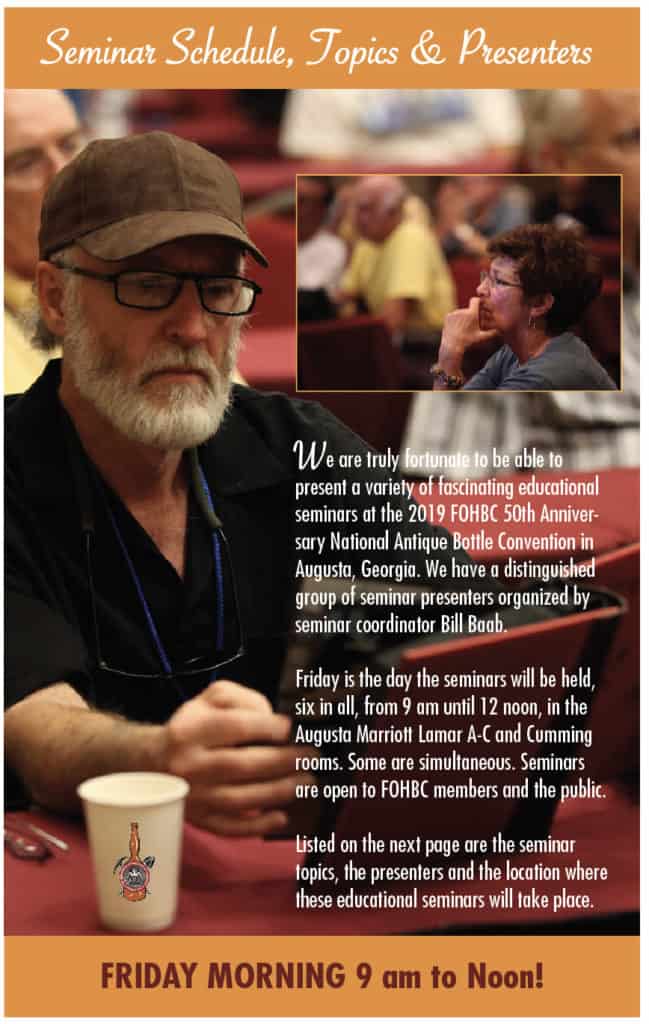
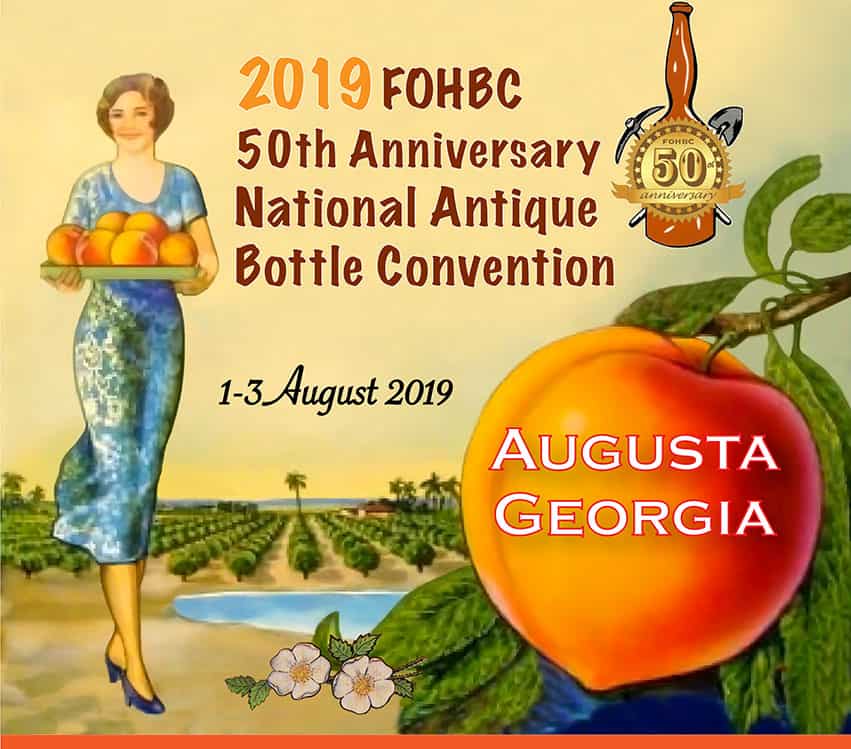
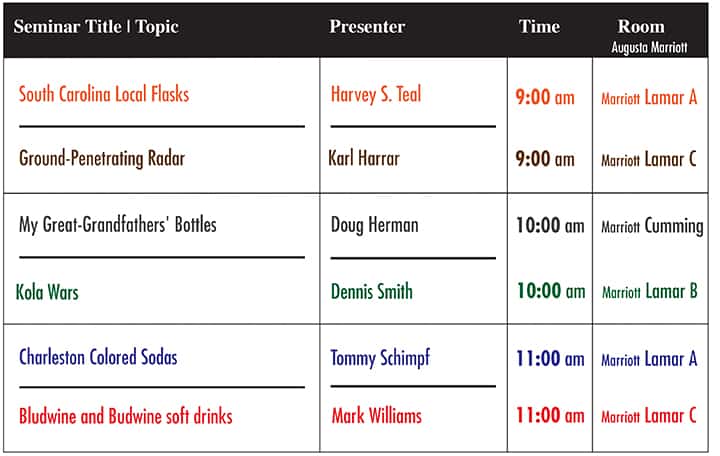
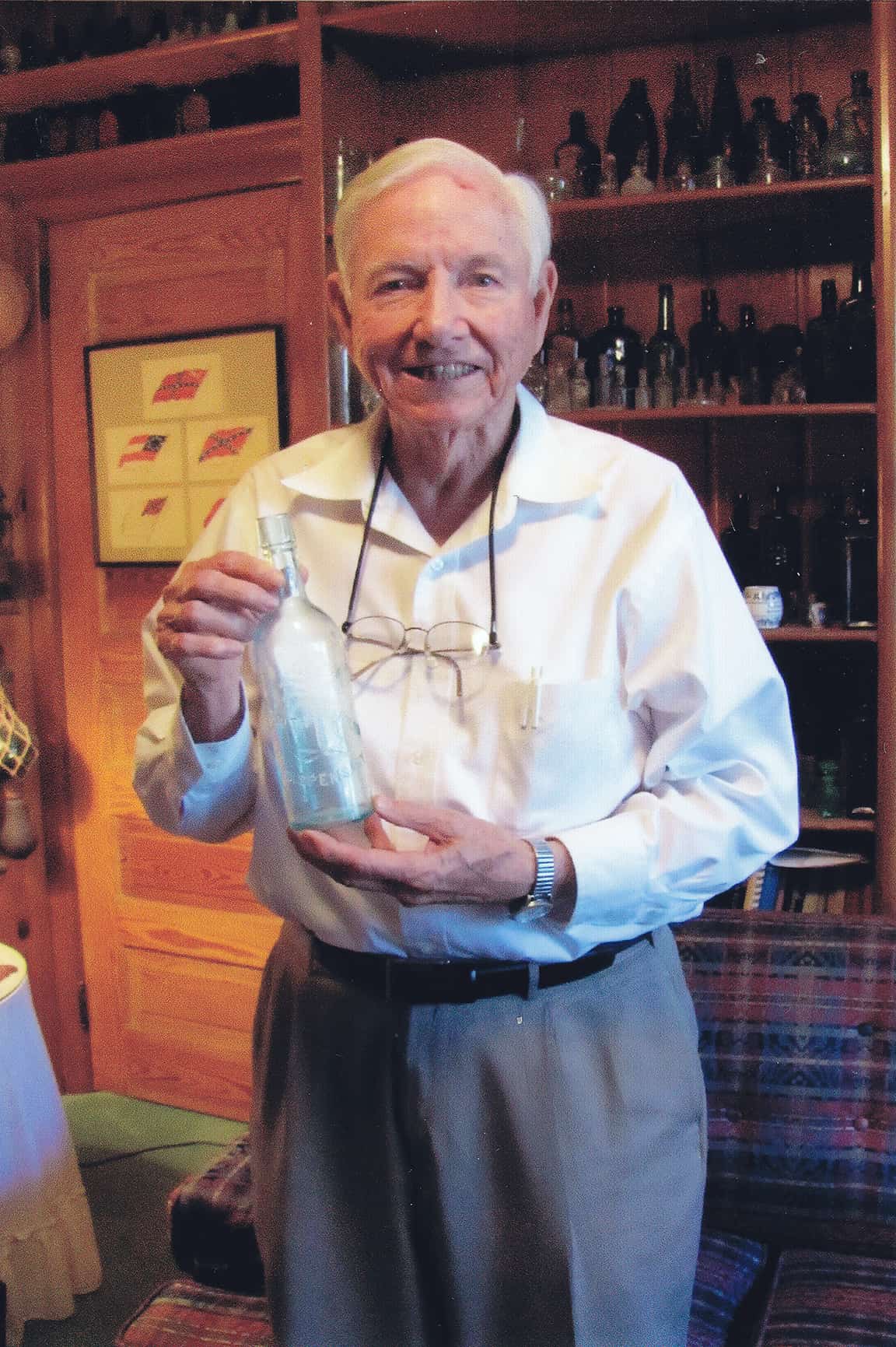
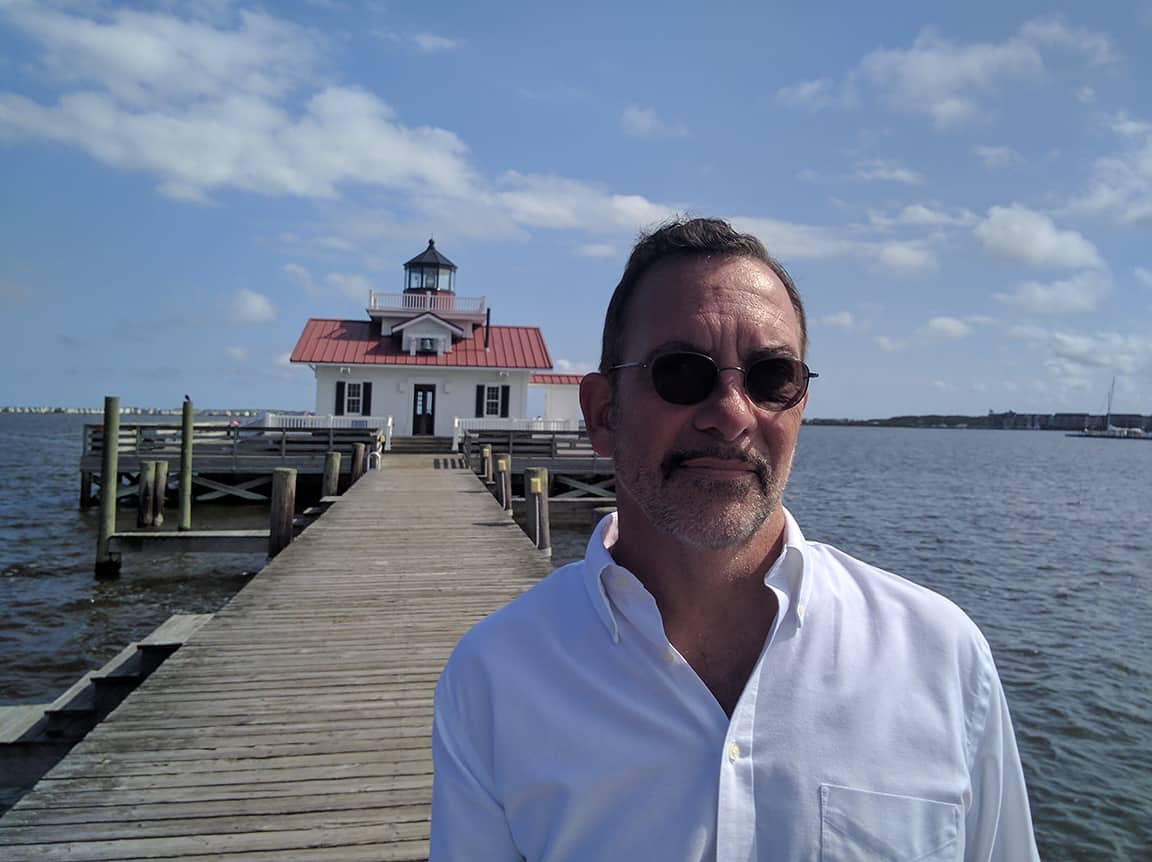
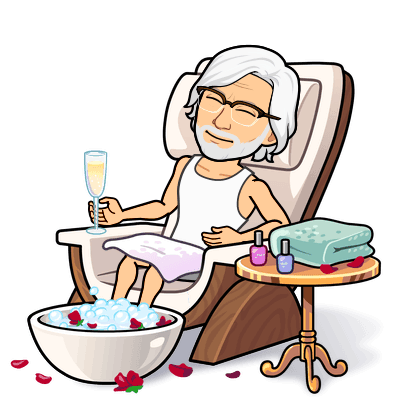
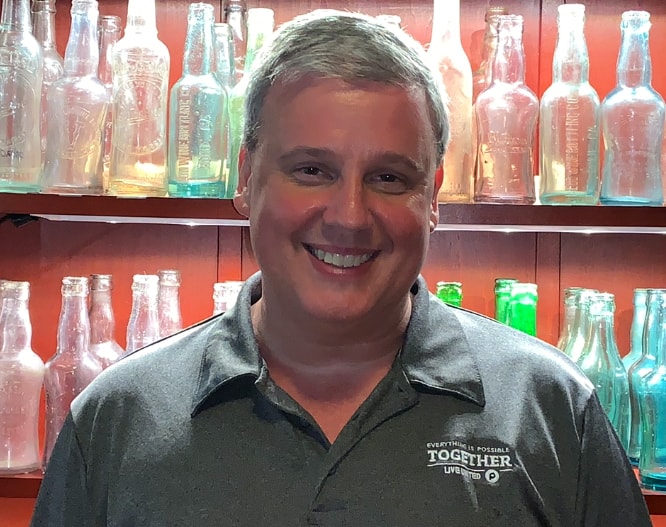
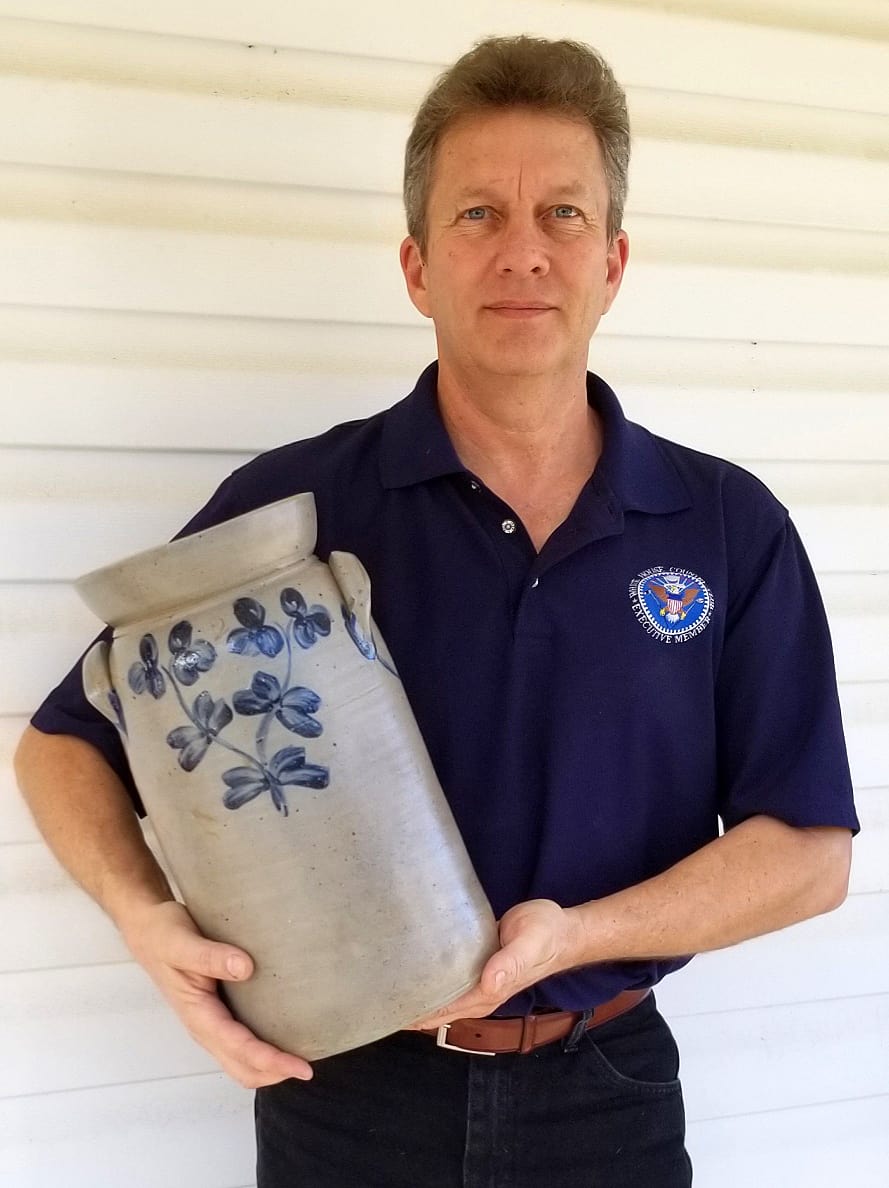
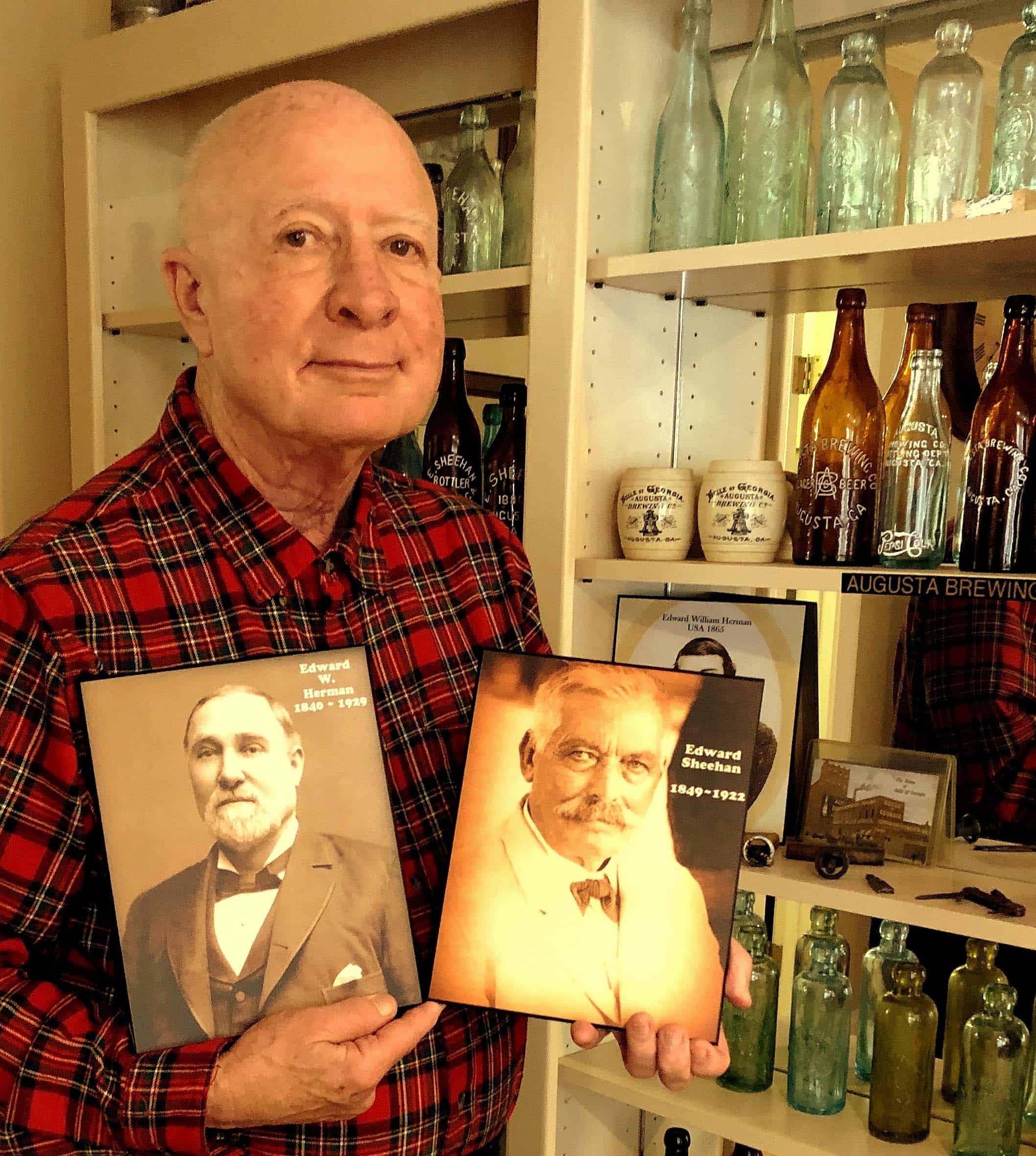

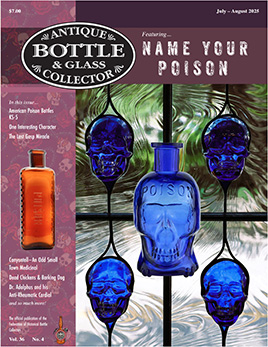
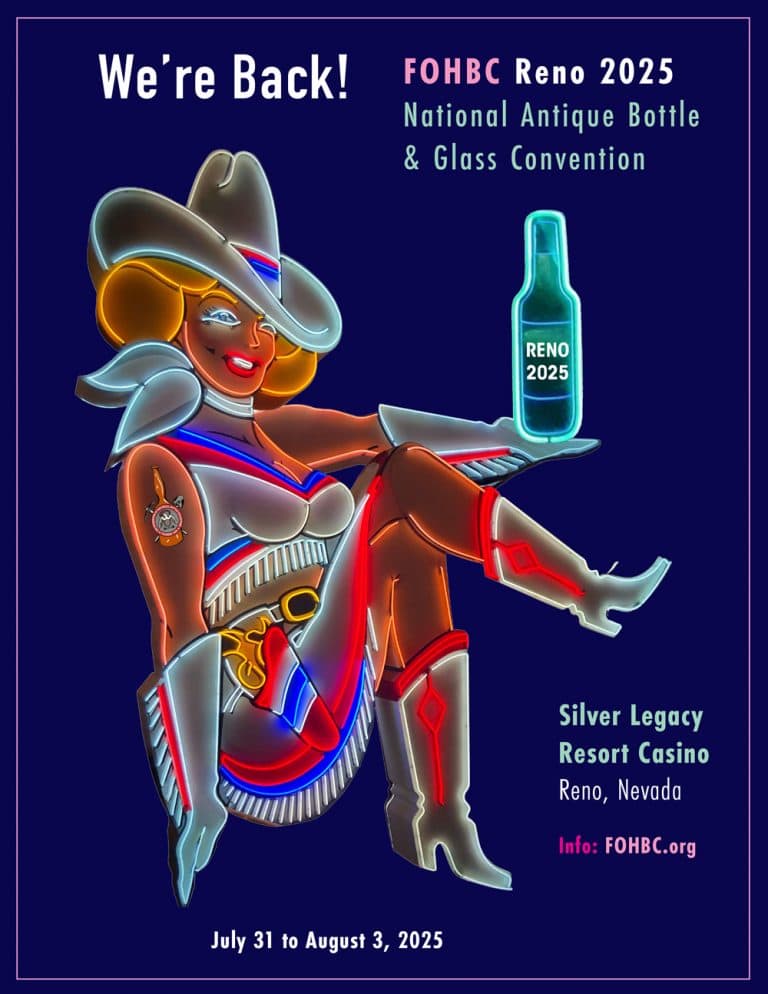

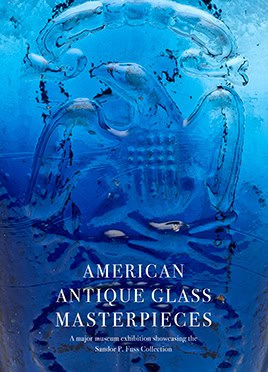
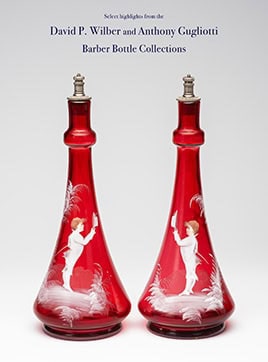


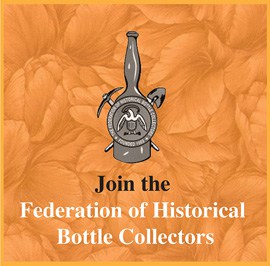
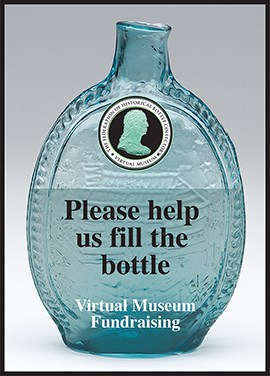
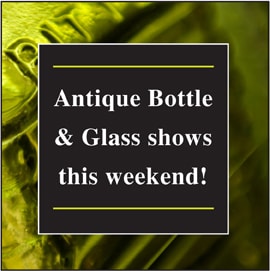

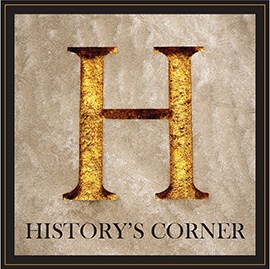
Leave a Reply
You must be logged in to post a comment.